The General Department of Taxation has disclosed a list of enterprises violating illegal invoice trading regulations, tightening tax management, and preventing tax fraud nationwide.
The General Department of Taxation recently issued an official directive instructing the Tax Departments of provinces, centrally-run cities, and the Large Enterprise Tax Department to review and strictly handle cases related to the use of illegal invoices. This is the second time the General Department of Taxation has published a list of enterprises involved in illegal invoice trading, aimed at strengthening tax management and preventing fraud in this area.
#1. Reasons for publicly disclosing the list of violating enterprises
According to the General Department of Taxation, they received Judgment No. 115/2023/HS-ST dated December 29, 2023, from the People’s Court of Phu Tho province. The judgment pertains to a major case of illegal invoice trading that occurred in Phu Tho and extended to other provinces. The decision to publicly disclose the list of violating enterprises aims to enhance transparency and promote inspection and supervision efforts.
#2. Scope and scale of the violating enterprises
Between December 2020 and October 2022, Nguyễn Minh Tú and his associates established and managed 637 companies to conduct illegal sales of over 1 million value-added tax invoices to 88,053 organizations and entities. To legitimize financial transactions through banks, Tú also established six financial companies, reflecting the significant scope and severity of the case.
#3. Measures taken by the General Department of Taxation against violations
Out of the 637 involved companies, 524 were publicly identified in Official Letter No. 1798/TCT-TTKT dated May 16, 2023. This round of public disclosure adds another 113 newly discovered companies involved in similar violations. Of the newly discovered companies, 99 are headquartered in Ho Chi Minh City, while the remaining 14 are based in Hanoi and Khanh Hoa province.
The General Department of Taxation has instructed local tax departments to utilize electronic invoice data and collect paper invoices from these 113 companies to implement appropriate tax management measures. If tax authorities detect that taxpayers have used invoices from the violating companies, they will take strict legal actions as per the regulations.
#4. Impact of publicly disclosing the list of violating enterprises on the market
Tax departments are also directed to review and compile tax and invoice handling results for taxpayers who used invoices from the 637 companies in the case, and report them to the General Department of Taxation for further actions. This not only strengthens tax management but also improves the effectiveness of detecting and handling fraudulent activities.
In 2023, through close coordination between the Tax Department and other relevant agencies, 524 companies involved in illegal invoice trading were identified and publicly named. The Tax Department advises businesses to review and eliminate illegal invoices to ensure proper tax declaration compliance.
Although the implementation of electronic invoicing has helped the tax authorities establish a comprehensive database and assist taxpayers in complying with the law, invoice fraud continues to be complex. Violators not only conduct secret transactions but also openly advertise invoice sales on social media platforms, aiming to reduce tax liabilities and gain unlawful profits.







